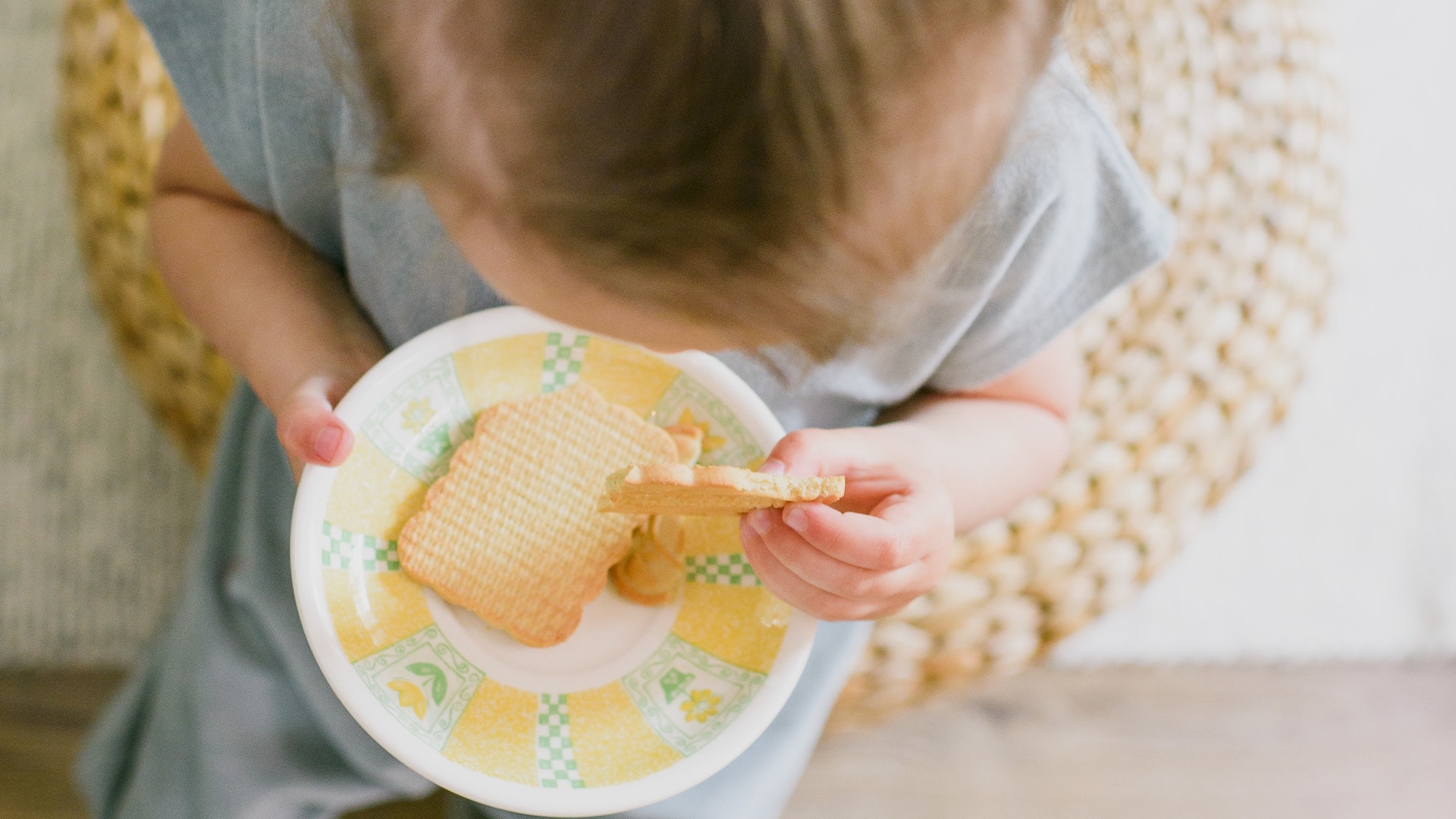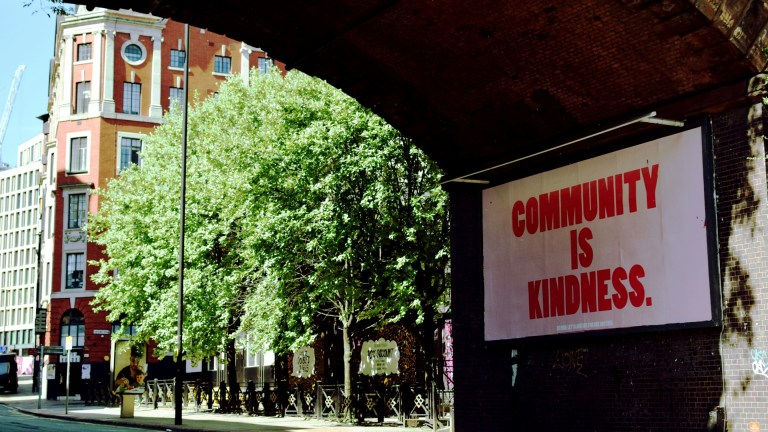In England, education is meant to be free. But in reality many aspects of school life have a cost – including, for most families, the cost of a school meal each day. For many parents, this is a cost that is difficult and sometimes impossible to afford and leads to children and families going without.
The most recent Households Below Average Income data shows that child poverty continues to rise across the UK with 4.3 million children now living below the poverty line, an increase of 200,000 from the previous year.
It’s reasonable to assume that these children are all entitled to a free school meal in England – but the current eligibility threshold means that many of them are not. Child Poverty Action Group’s (CPAG) analysis shows that two in five children living in poverty in England are ineligible for free school meals.
The main reason for this is because their parents work and earn more than £7,400 per year – often this means they earn too much to qualify for free school meals but do not earn enough to escape poverty. CPAG and Children North East’s research during the Covid-19 lockdowns, The Cost of Learning in Lockdown (2020 and 2021 update), showed that many families who would have greatly benefited from the support of a free school meal entitlement each day did not qualify, and this made lockdown increasingly difficult financially for families.
”I am a single parent who works and we have had no extra financial help,” said one mother of two children. “Times are tough, bills are higher and just because I earn more than the threshold stated for free school meals etc. does not mean I have a lot more money.”
All children should receive a balanced school meal each day as a basic entitlement. A universal approach like this has many proven advantages for children including boosting their learning and health outcomes, as well as removing the stigma currently associated with means-tested free school meals. For families, not paying for a school meal would be “one less thing to worry about” as one mum put it, and would help to relieve pressures on household budgets.










